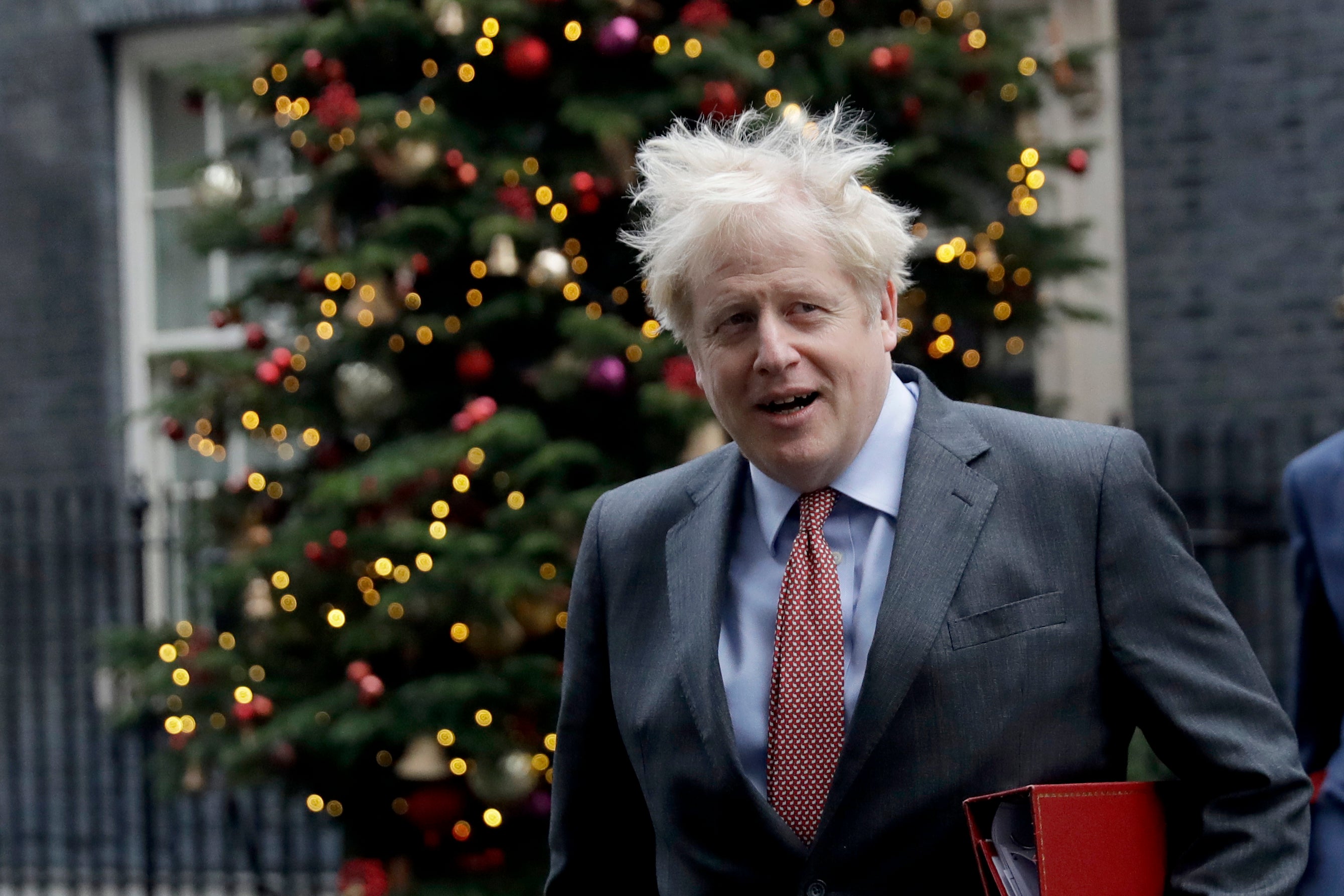Could Brexit be over by Christmas?
With goodwill these challenges can be overcome and the long British goodbye will be over, writes Sean O’Grady. But is that likely?


There are unusually optimistic noises emanating from Brussels and London about the progress of the trade talks. The leader of the House of Commons, Jacob Rees-Mogg, hints that parliament could sit next week to approve the deal in time for Santa’s delivery of gifts to the nation’s kiddies, who could all thus get Brexit for Christmas.
Could the EU-UK partnership agreement be ready so soon? Is it now “done”, now to emerge from the oven? Might it all be over by Christmas?
The answer, as so often with Brexit, is “yes and no”. Formally there isn’t the time to do things by the book. When Boris Johnson set a deadline of 15 October to decide whether it was worth carrying on with talks it was for a good reason, (even if the deadline was subsequently ignored). That was the last practical date whereby the new trade treaty could be properly ratified (probably) by all interested parties. Mid-October, in other words, was the last moment to draft the final legal text of around 800 pages (plus annexes), have it translated into 23 official languages, examined in detail in committees and the chambers of about 30 different assemblies and parliaments, niggles cleared up, and ratified across 27 member states plus the UK.
It is not possible to do that now. It will have to be a much more cursory affair, awaiting proper scrutiny well into January.
For the UK, the speaker of the Commons, Sir Lindsay Hoyle has indicated that the usual six days it would take for the legislation to pass could be “squeezed”, though it would require sittings next week in both houses of parliament, or perhaps allowing the legislation to be passed “retrospectively”, a constitutionally iffy concept.
The European parliament would normally also demand days of line-by-line inspection, and its final plenary meeting is scheduled for Friday. On its agenda for then are the four emergency provisional Brexit mini-deals, but nothing on a trade treaty that doesn’t yet exist. However sources in the EP have suggested they could hold a virtual session on 28 December to approve the agreement in principle; after all, the issues are hardly novel.
It is true that some parliaments and assemblies could cut up rough, though. The Walloons of Belgium vetoed the EU-Canada trade deal for a while, and the constitution of Finland mandates parliamentary approval before a minister can legally sign a treaty. There might be judicial challenges.
With goodwill, though, and a degree of trust, these challenges can be overcome and the long British goodbye will be over. For many, in all sorts of ways, it will be hard to believe.

Join our commenting forum
Join thought-provoking conversations, follow other Independent readers and see their replies
0Comments